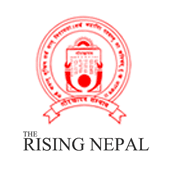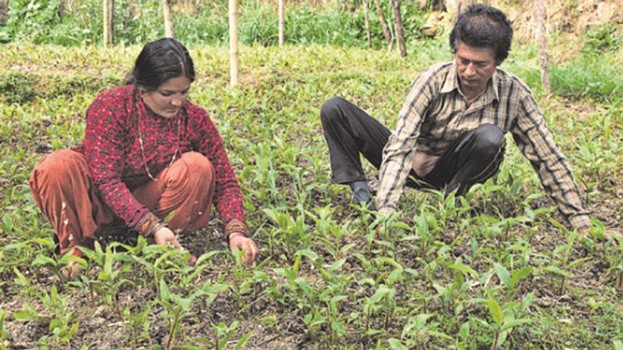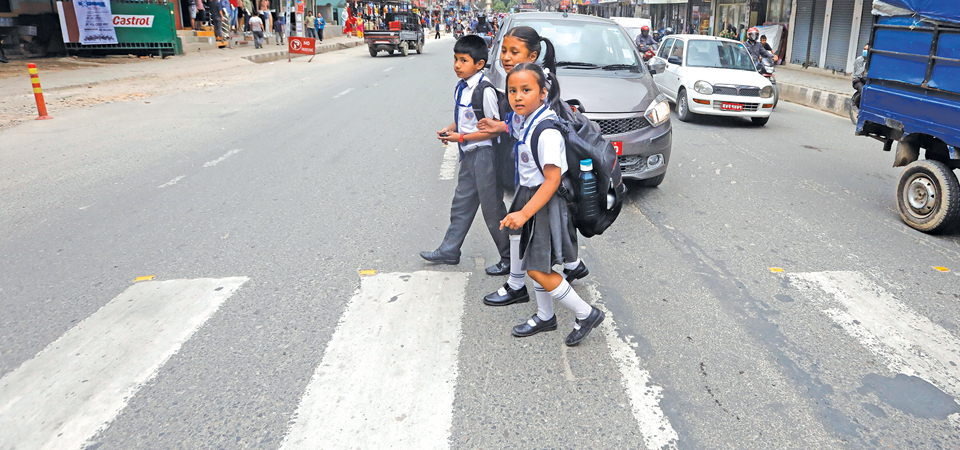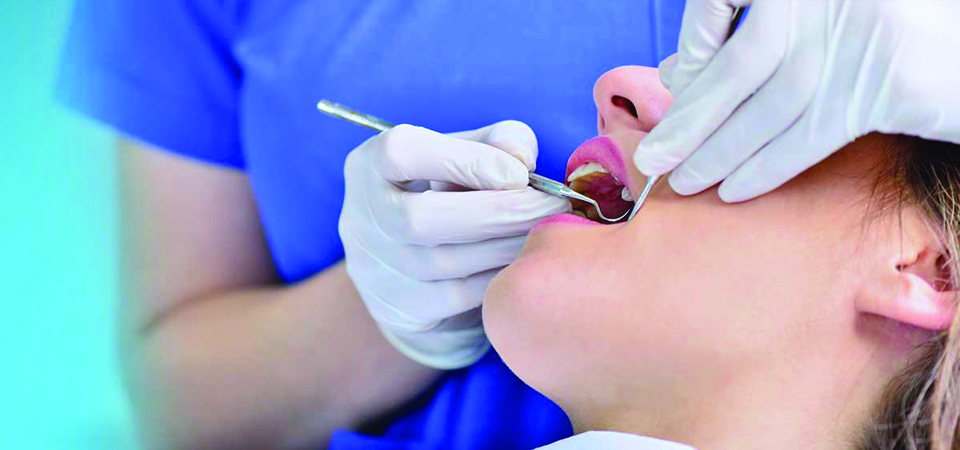Early test, treatment helpful in hypertension
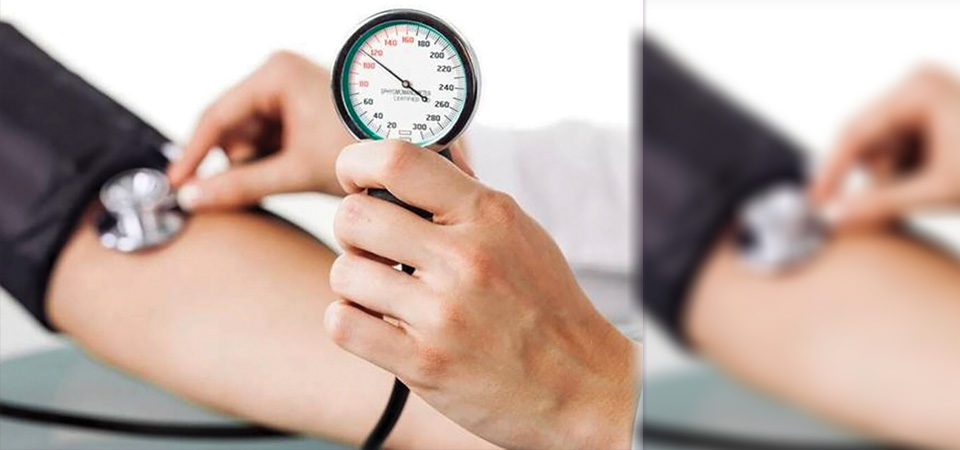
By Nayak Paudel
Kathmandu, Aug. 31: Cases of hypertension have increased exponentially in Nepal over the years.
According to the Epidemiology and Disease Control Division (EDCD), hypertension cases reached 741,150 in 2019/20 from 275,886 in 2015/16.
Most of the cases have been reported from Bagmati Province and the least from Karnali Province. Officials and health experts argue that many cases of hypertension across the country are not yet diagnosed.
“There are many cases of hypertension in our population but not all have been detected. The public also don’t abide by healthy diet and many remain physically inactive. Consumption of tobacco products is also a cause of hypertension,” said Dr. Phanindra Prasad Baral, Chief of Non-communicable Disease and Mental Health Section at EDCD.
Excessive salt intake is one of the major risk factors behind diseases such as hypertension and the World Health Organisation recommends 5 grams of salt per day. However, a study in 2019 by the Nepal Health Research Council showed the average daily salt intake of Nepalis was 9.1 grams.
Hypertension significantly increases the risk of heart, brain and kidney diseases, and is one of the top causes of death and disease throughout the world hence health experts urge proper steps from concerned authorities.
“Hypertension can be treated by medication if diagnosed early and it will reduce chances of heart attack, brain stroke, kidney damage and dementia, among others. Proper intervention can be highly effective,” said Dr. Yadav Kumar Deo Bhatta, senior consultant cardiologist and surgeon at Norvic International Hospital.
Dr. Bhatta further suggested that the public must consume healthy diet and remain physically active in a bid to keep hypertension at bay.
Meanwhile, officials at EDCD informed that they are taking necessary steps towards the issue.
Dr. Baral said that the Package of Essential Non-communicable Diseases (PEN) has been introduced to screen, diagnose, treat and refer Cardio Vascular Diseases, COPD, cancer, diabetes, and mental health cases in all the 77 districts.
“We have also trained 50 per cent of our health personnel across the country for the diagnosis, treatment and prevention of hypertension and will train the rest soon. We have also allocated budget in all provinces to procure necessary medicines,” said Dr. Baral.
In a joint statement issued on August 25, the World Health Organisation and Imperial College London informed that cases of hypertension, or high blood pressure, have affected 1.28 billion populations, aged 30-79 years, globally.
The two institutions had led a first comprehensive global analysis of the trends in hypertension prevalence, detection, treatment and control, and published in The Lancet, a weekly peer-reviewed general medical journal.
Despite being easily detected through measuring blood pressure at home or in a health centre and treated effectively with medication, more than 700 million people are living with untreated hypertension, the study shows.
Recent News

Do not make expressions casting dout on election: EC
14 Apr, 2022
CM Bhatta says may New Year 2079 BS inspire positive thinking
14 Apr, 2022
Three new cases, 44 recoveries in 24 hours
14 Apr, 2022
689 climbers of 84 teams so far acquire permits for climbing various peaks this spring season
14 Apr, 2022
How the rising cost of living crisis is impacting Nepal
14 Apr, 2022
US military confirms an interstellar meteor collided with Earth
14 Apr, 2022
Valneva Covid vaccine approved for use in UK
14 Apr, 2022
Chair Prachanda highlights need of unity among Maoist, Communist forces
14 Apr, 2022
Ranbir Kapoor and Alia Bhatt: Bollywood toasts star couple on wedding
14 Apr, 2022
President Bhandari confers decorations (Photo Feature)
14 Apr, 2022
